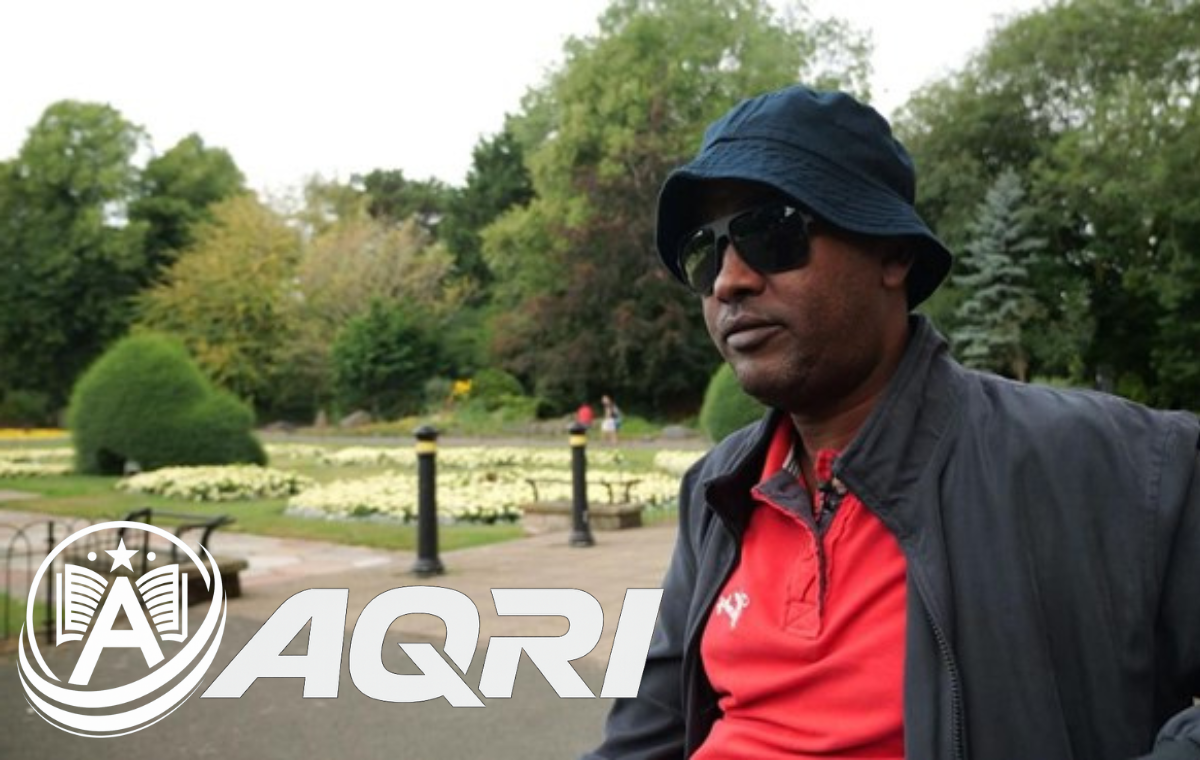MOGADISHU, Somalia — A Somali man living in the United Kingdom is asking to be deported back to Somalia, claiming that returning to his war-torn homeland would be safer than remaining in the market town of Nuneaton, Warwickshire.
Yusuf Ali Hamud, 50, came to the UK two decades ago seeking asylum. But after being convicted of a serious assault, he lost his right to work. Now, Hamud says he has spent the last five months pleading with the Home Office to deport him — with no response.
“The country is not safe,” Hamud told Sky News. “But my country [Somalia], now, I’m safe. I want to go back. The Home Office, they are ignoring me.”
Hamud argues that without refugee status or the ability to work, there is little reason for him to stay. “I didn’t come here to eat and sleep, like a baby,” he said. “If I cannot work, why am I here?”
His comments come at a tense time in Nuneaton, which has seen a sharp rise in asylum seeker numbers — from fewer than 10 just a few years ago to 247 by June 2024. Government figures show there are now 19 asylum seekers per 10,000 residents, placing the town 87th in the UK for concentration.
The shift has coincided with anti-migrant unrest. In one incident, a Sky News interview with a local businessman was disrupted by women shouting accusations of sexual crimes against migrants, echoing broader tensions in the town following reports of asylum seekers allegedly involved in assaults.
The Home Office declined to comment on Hamud’s individual case but said in a statement that it seeks to ensure the removal of foreign nationals convicted of serious crimes — whether through enforced deportation or voluntary return. Under new plans, the government has pledged to deport foreign criminals immediately after sentencing, though the policy has not yet been enacted.
At the end of 2024, 19,244 foreign offenders were awaiting deportation — up from 17,907 when the Conservatives left office in July, and significantly higher than the 14,640 figure at the end of 2022.
For Hamud, the political debate and legal hurdles are personal. Despite Somalia’s decades-long instability and ongoing conflict with militant groups like al-Shabaab, he insists he would feel safer back home than in the UK town he once hoped would provide security.
The case highlights not only the growing strain in Britain’s asylum system but also how narratives of safety, identity, and belonging remain deeply complex for Somali migrants living abroad.
